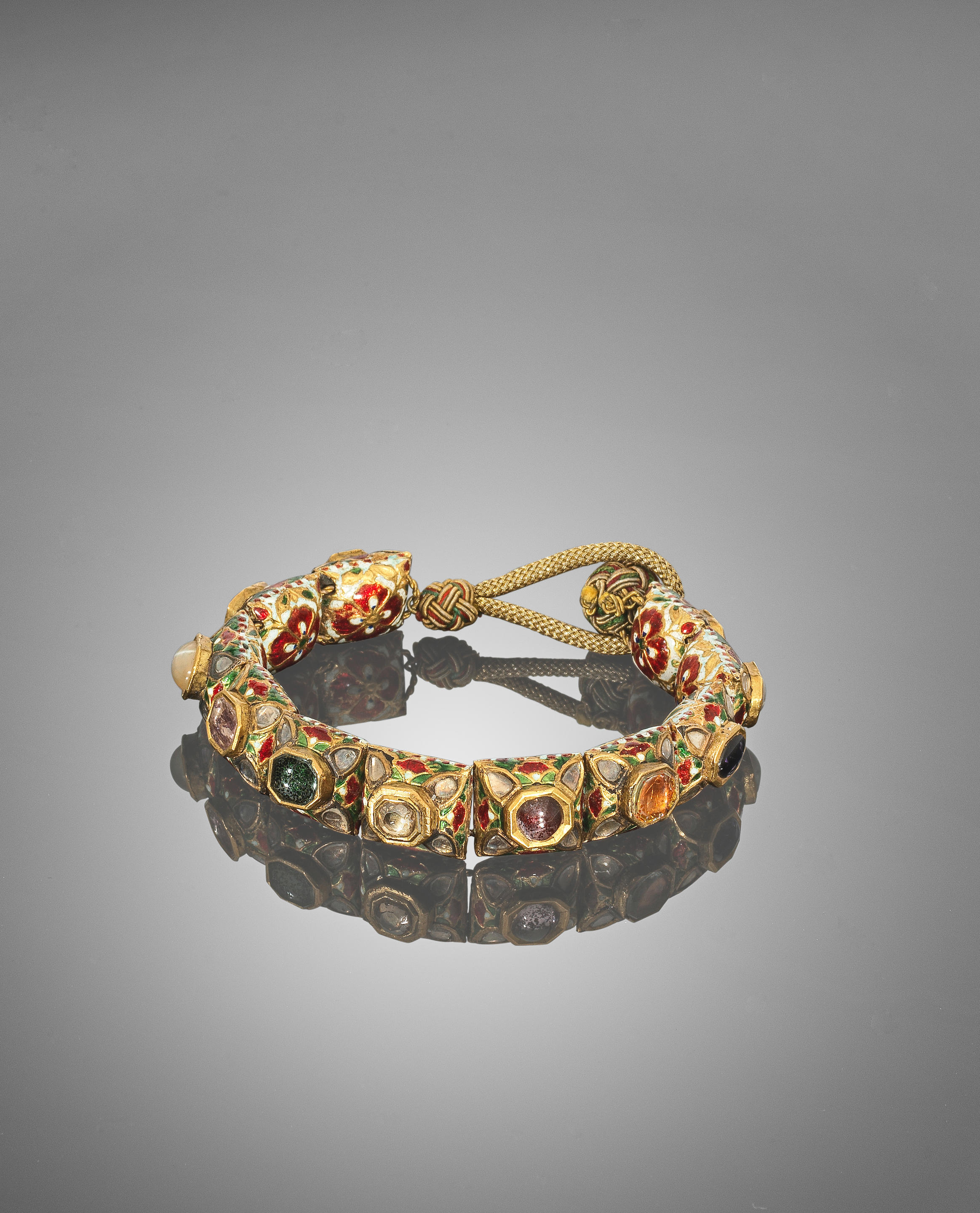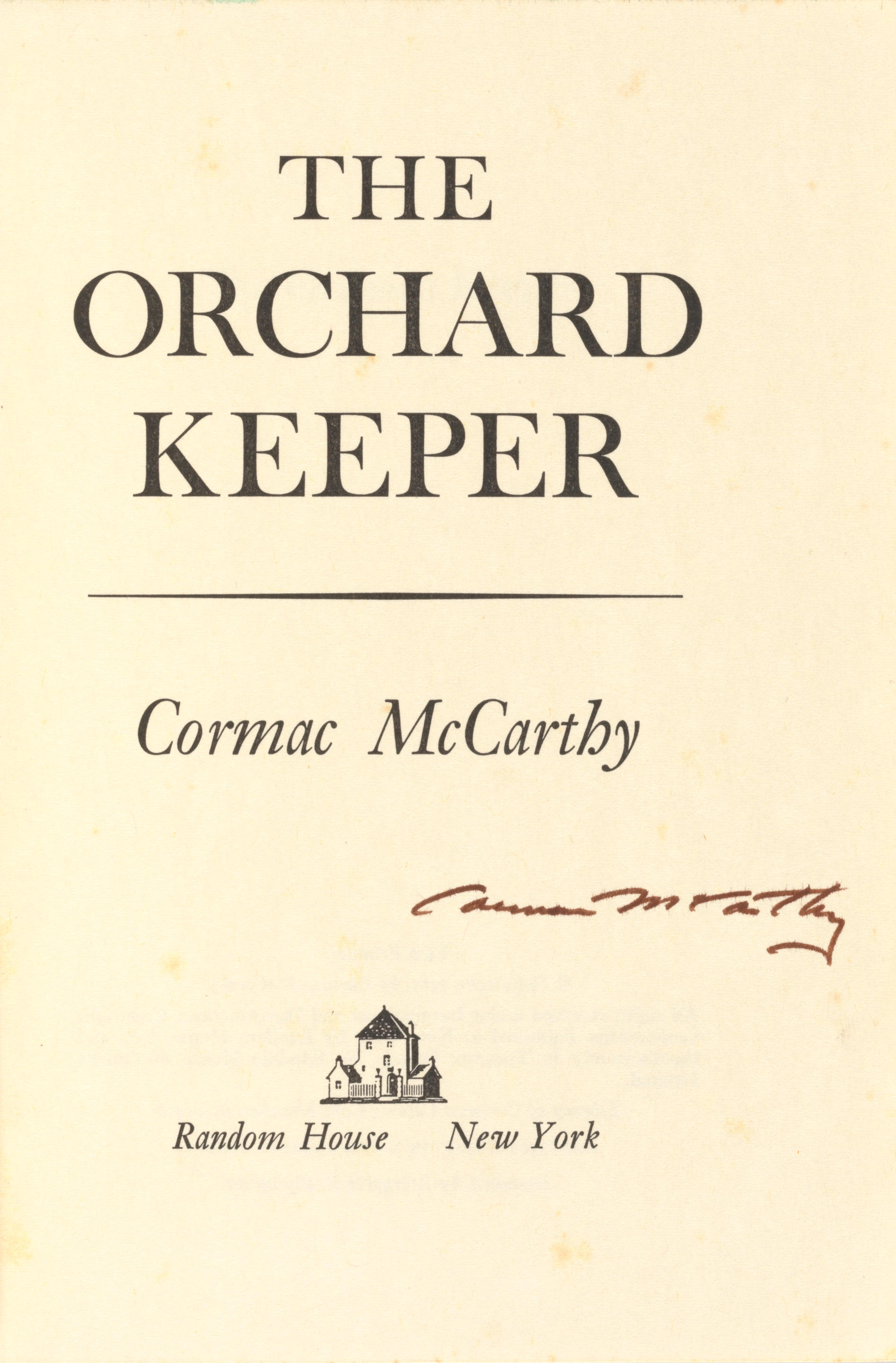The Collection of Second World War and Modern Gallantry Awards formed by the late William Oakley The outstanding Second World War “Coventry Blitz” G.C. group of three awarded to Sergeant M. Gibson, No. 9 Bomb Disposal Company, Royal Engineers - while working on a UXB a bomb of a similar type, which had landed nearby, exploded, but undeterred, he continued to work on his own example, even when it emitted unusual hissing noises and, at length, having sent his men to cover, he was able to extract the fuse - he was killed a little over a month later, ‘when his wife and children were on a visit to the Midlands and actually saw the explosion from a short distance, although they did not know he was involved’ George Cross (No. 4445289 Sgt. Michael Gibson, R.E., 22nd January 1941), in its Royal Mint case of issue; Defence Medal and War Medals 1939-45, together with original embroidered Bomb Disposal UXB sleeve flash, and Durham Light Infantry and R.E. cap badges, extremely fine (6) £60000-80000 Footnote G.C. London Gazette 21 January 1941: ‘For most conspicuous gallantry in carrying out hazardous work in a very brave manner.’ The original recommendation states: ‘On 14 September 1940 a large unexploded bomb fell in an important factory. Excavation supervised by Sergeant Gibson was begun, during which time another bomb which had dropped nearby exploded. Despite the knowledge that the bomb on which he was engaged was of a similar type the N.C.O persevered and eventually the bomb was uncovered. On uncovering it an unusual hissing noise was heard coming from the bomb, whereupon Sergeant Gibson sent his men away and immediately set to work on the fuse. This he extracted safely and the bomb was eventually removed. His prompt and courageous action saved a very dangerous situation.’ Michael Gibson was born at Chopwell, near Gateshead, in June 1906, the son of a miner. Himself employed at Chopwell Collery, and a pre-war member of the Durham Light Infantry (Territorials), he was in fact seconded to the Royal Engineers soon after the the outbreak of hostilities, and, in July 1940, was posted to the newly formed No. 9 Bomb Disposal Company. Originally based in Birmingham, the Company comprised seven officers and 160 other ranks, and was charged with rendering safe UXBs and mines in areas way beyond Warwickshire’s borders, including Worcestershire, Herefordshire, Staffordshire and Shropshire. Such was the shortage of qualified officers in those early days of bomb disposal work, that N.C.Os were often left to deal with UXBs, and, as cited above, Michael Gibson found himself leading just such an enterprise on 14 September 1940 - his prompt and extremely gallant work saving an important factory in Coventry. The recommendation for Gibson’s decoration was submitted to Brigade H.Q. on 6 October 1940, just 12 days after the George Cross came into being, the King having signed the relevant Royal Warrant on 24 September. No surprises then that he was originally recommended for the Empire Gallantry Medal, though not before the well-meaning - but patently misinformed - C.O. Birmingham and South Staffordshire District had proposed the Military Medal: in short, Gibson’s G.C. must be one of the very first to have been approved. Contemporary sources suggest that Gibson was a member of No. 68 Bomb Disposal Section, a component of No. 9 Company,commanded by 2nd Lieutenant A. F. Campbell, R.E., and future events certainly confirm that contention. Thus, as an experienced N.C.O., he was most probably present on the occasion of Campbell’s G.C.-winning exploits at Coventry on 17 October 1940. The recommendation for the latter’s award states: ‘2nd Lieutenant Campbell was engaged with his section [No. 68 Bomb Disposal Section] on the removal of a 250-kilo unexploded bomb at the Triumph Engineering Co’s Works, Coventry, situated in the centre of the city. This bomb had caused cessation of war production in two factories involving some 1,000 workers, and the evacuation of a
The Collection of Second World War and Modern Gallantry Awards formed by the late William Oakley The outstanding Second World War “Coventry Blitz” G.C. group of three awarded to Sergeant M. Gibson, No. 9 Bomb Disposal Company, Royal Engineers - while working on a UXB a bomb of a similar type, which had landed nearby, exploded, but undeterred, he continued to work on his own example, even when it emitted unusual hissing noises and, at length, having sent his men to cover, he was able to extract the fuse - he was killed a little over a month later, ‘when his wife and children were on a visit to the Midlands and actually saw the explosion from a short distance, although they did not know he was involved’ George Cross (No. 4445289 Sgt. Michael Gibson, R.E., 22nd January 1941), in its Royal Mint case of issue; Defence Medal and War Medals 1939-45, together with original embroidered Bomb Disposal UXB sleeve flash, and Durham Light Infantry and R.E. cap badges, extremely fine (6) £60000-80000 Footnote G.C. London Gazette 21 January 1941: ‘For most conspicuous gallantry in carrying out hazardous work in a very brave manner.’ The original recommendation states: ‘On 14 September 1940 a large unexploded bomb fell in an important factory. Excavation supervised by Sergeant Gibson was begun, during which time another bomb which had dropped nearby exploded. Despite the knowledge that the bomb on which he was engaged was of a similar type the N.C.O persevered and eventually the bomb was uncovered. On uncovering it an unusual hissing noise was heard coming from the bomb, whereupon Sergeant Gibson sent his men away and immediately set to work on the fuse. This he extracted safely and the bomb was eventually removed. His prompt and courageous action saved a very dangerous situation.’ Michael Gibson was born at Chopwell, near Gateshead, in June 1906, the son of a miner. Himself employed at Chopwell Collery, and a pre-war member of the Durham Light Infantry (Territorials), he was in fact seconded to the Royal Engineers soon after the the outbreak of hostilities, and, in July 1940, was posted to the newly formed No. 9 Bomb Disposal Company. Originally based in Birmingham, the Company comprised seven officers and 160 other ranks, and was charged with rendering safe UXBs and mines in areas way beyond Warwickshire’s borders, including Worcestershire, Herefordshire, Staffordshire and Shropshire. Such was the shortage of qualified officers in those early days of bomb disposal work, that N.C.Os were often left to deal with UXBs, and, as cited above, Michael Gibson found himself leading just such an enterprise on 14 September 1940 - his prompt and extremely gallant work saving an important factory in Coventry. The recommendation for Gibson’s decoration was submitted to Brigade H.Q. on 6 October 1940, just 12 days after the George Cross came into being, the King having signed the relevant Royal Warrant on 24 September. No surprises then that he was originally recommended for the Empire Gallantry Medal, though not before the well-meaning - but patently misinformed - C.O. Birmingham and South Staffordshire District had proposed the Military Medal: in short, Gibson’s G.C. must be one of the very first to have been approved. Contemporary sources suggest that Gibson was a member of No. 68 Bomb Disposal Section, a component of No. 9 Company,commanded by 2nd Lieutenant A. F. Campbell, R.E., and future events certainly confirm that contention. Thus, as an experienced N.C.O., he was most probably present on the occasion of Campbell’s G.C.-winning exploits at Coventry on 17 October 1940. The recommendation for the latter’s award states: ‘2nd Lieutenant Campbell was engaged with his section [No. 68 Bomb Disposal Section] on the removal of a 250-kilo unexploded bomb at the Triumph Engineering Co’s Works, Coventry, situated in the centre of the city. This bomb had caused cessation of war production in two factories involving some 1,000 workers, and the evacuation of a














Testen Sie LotSearch und seine Premium-Features 7 Tage - ohne Kosten!
Lassen Sie sich automatisch über neue Objekte in kommenden Auktionen benachrichtigen.
Suchauftrag anlegen